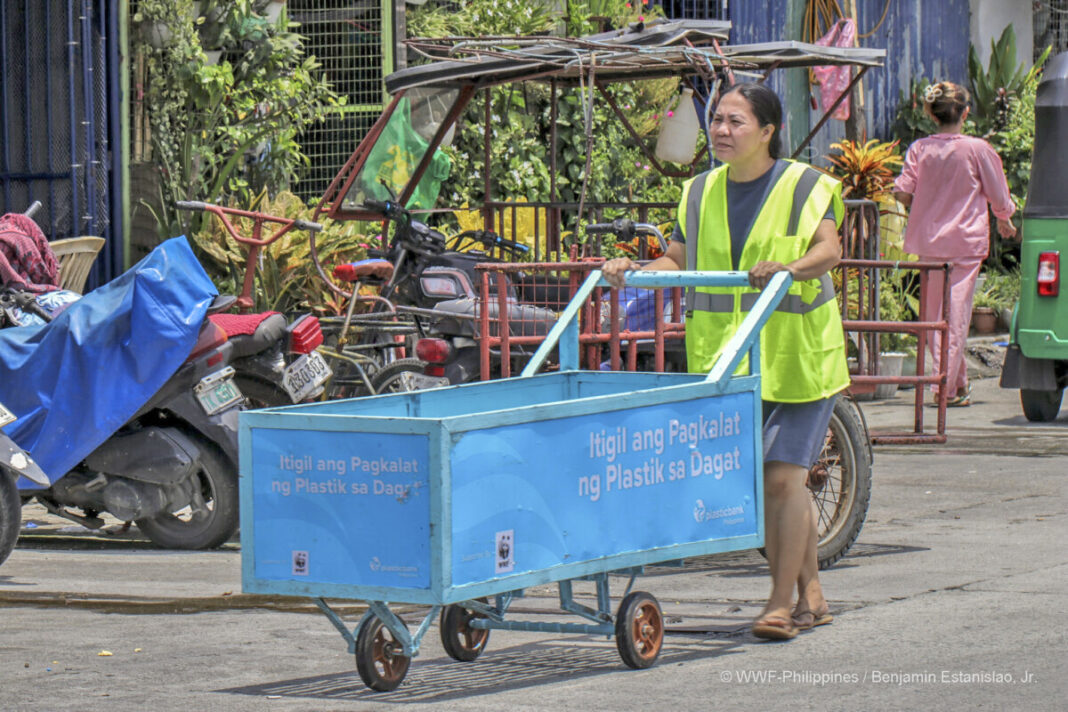Last Part of 2-Parts
WASTE pickers like Briones, whether informal or part of a cooperative, are responsible for almost 60 percent of all the plastic waste collected globally, according to one study. But waste pickers often have few employment rights and no access to health insurance, the latter especially problematic in a field where cuts and infections are common, experts say.
“As we move toward a more sustainable future, it is vital that this transition is just and inclusive, and that waste pickers are guaranteed Fundamental Principles and Rights at Work–including the right to a safe and healthy working environment,” says Moustapha Kamal Gueye, Director of the Action Programme on Just Transition at the International Labour Organization. “A just transition must leave no one behind, and that includes the millions of waste pickers and workers whose labour underpins recycling systems around the world.”
Experts point to cooperatives, like San Jose Sico, as a model for the just transition. The organization has 500 members who receive a regular income, accident insurance and paid sick leave.
Briones says he is grateful for what the job has given him. “Some people might view our work as dirty or unpleasant, but we choose to ignore such opinions,” says Briones, who joined the cooperative when his father suffered a stroke and could no longer support the family. “I’ve been able to establish my own home, small as it may be, and can support my family, my father, and ensure my child receives a good education.”
A growing number of countries are exploring laws that would require those who place plastic products on the market to be responsible for the end-of-life management of their products. Waste pickers could play a role in operationalizing these so-called extended producer responsibility schemes.
“The manufacturers will eventually look for those who can do the work,” says manager of San Jose Sico Landfill cooperative Sherryl Hernandez, who took part in a study conducted by SEA Circular, a UNEP-supported initiative designed to prevent marine plastic pollution with funding from the Swedish International Development Cooperation Agency. “Who has that capability? It’s waste workers,” adds Hernandez.
For UNEP’s Tonda, extended producer responsibility schemes could create opportunities to integrate informal waste pickers into solutions across the life cycle, including waste management systems. The schemes are being rolled out in countries around the world.
Fees collected through the schemes could support waste management operations by creating jobs, providing training for workers and promoting safer working conditions, including by reducing exposure to potentially hazardous materials.
“The millions of waste pickers are a strong ally in the quest for solutions as the world seeks to end plastic pollution,” says Tonda. “Recognizing waste picker’s role to achieve this will allow them to continue supporting themselves and their families through their work.” | – UNEP News





















